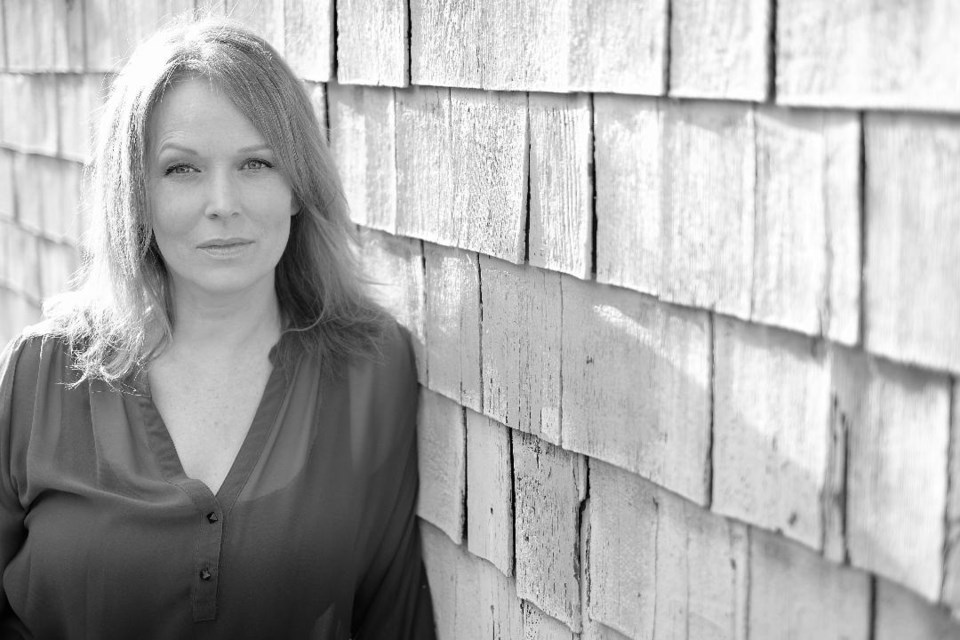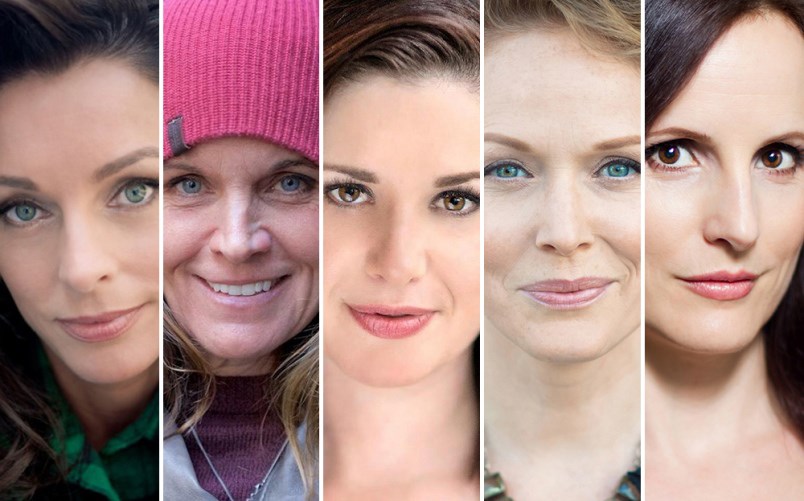When the #MeToo moment became a movement in October 2017, Hollywood North braced for a reckoning of its own.
It came in the form of a Westender cover article, in which five industry veterans — Chelah Horsdal, Jacquie Gould, Lisa Ovies, Sarah Deakins and Enid-Raye Adams — shared stories of sexual harassment and violence and cast a light on cultural and reporting failures within the Vancouver film and television industry.
The story – Hollywood North: ‘This is an abusive industry for women’ – and high-profile allegations out of America sparked a chain of events within the local industry that led to its current state: well past acknowledging that sexual harassment and violence exist within it, but short of eradicating either altogether.
There have been recent reports concerning Vancouver actor and teacher Michael Coleman (who recurs as Happy the dwarf on ABC’S Once Upon a Time). According to CBC and Globe and Mail articles, Coleman stepped down from his role at SchoolCreative Institute of the Arts amid allegations against him. Coleman has denied the allegations and said his decision to leave the school was part of an “ongoing” dispute with shareholders, not as a result of the “recent unfounded allegations.”
He adamantly denied any wrongdoing in a Facebook post about his decision to withdraw from the upcoming Once Upon a Time convention in Vancouver.
None of the allegations have been proven in court.
Meanwhile, the gains made in the industry since October are staggering to Horsdal. “I sit in the knowledge and the assurity that we will never go back,” said Horsdal in a recent interview.

“I could weep when I talk about it because I’m a 44-year-old woman and I have never seen a seismic shift like this in the way that women are taking up space in this world. We are being heard, and I know that this is going to redefine the way that women are valued.”
Horsdal first felt the winds of change on the set of The Man in the High Castle, which was in the midst of filming when the Westender #MeToo article was published in mid-October. She describes a steady stream of men and women approaching her to quietly share their own stories and offer support. “It was profound to see the immediate impact that it had on this seasoned, incredible crew.”
Horsdal is a member of UBCP/ACTRA, and sits on the union’s newly formed Sexual Harassment Task Force. One of the first actions the union took in the wake of #MeToo was to host town hall meetings — separate ones for women and men — in which film industry workers could speak about their experiences of sexual violence and harassment in a safe space. UBCP/ACTRA ensured there would be counsellors at subsequent ones due to “the can of worms that it opened up emotionally,” says Horsdal.
According to the Globe and Mail, allegations against Coleman were made at one of UBCP/ACTRA’s town halls.
UBCP/ACTRA has noted a slight increase in reports of sexual harassment and violence since October, as well as changes in how employers are reacting, says Sue Brouse, the union’s director of Member Services and Human Resources.
“I’ve heard of reports that have been put forward since where the employers are taking it very seriously.”
That’s a significant gain, because #MeToo highlighted that workers haven’t been reporting sexual harassment and abuse due to fear of reprisals, including job loss and blackballing.“Reprisals are real and feared, so we’re working on some solutions with our industry partners, because our members are particularly vulnerable,” Brouse says.
The union has begun offering empowerment sessions that lay out laws and reporting protocols. It’s also seeking stronger legislative protection for film industry workers, and is exploring the idea of consent workshops and a code of conduct for acting schools.
“We know that having quality stories with women in decision-making roles and featuring women is really how we change the entire culture,” says Brouse.
Change can be as simple as a regular reminder that sexual harassment won’t be tolerated. That’s what’s happening on Horsdal’s current film project, where the daily call sheet is accompanied by a three-page document that runs down what actions to take should any worker experience sexual harassment or bullying on set.
As for the impact of the Coleman allegations on the local community, Horsdal describes it as is “incredibly polarizing. It’s one thing for all of us to read about something that’s happening in another city or country, and be able to see it as a black and white issue, but it’s another thing when it’s in your own backyard, and we’re seeing a lot of resistance, which is fair.”
What has buoyed Horsdal during this time of community upheaval is “a lot of men standing up as allies to women, and being willing to stand arm and arm with women and say, ‘I believe you.’”
“The power of that unity is not to be underestimated,” adds Horsdal. “That’s activism, and it’s affected massive change.”
sabrina@yvrscreenscene.com



